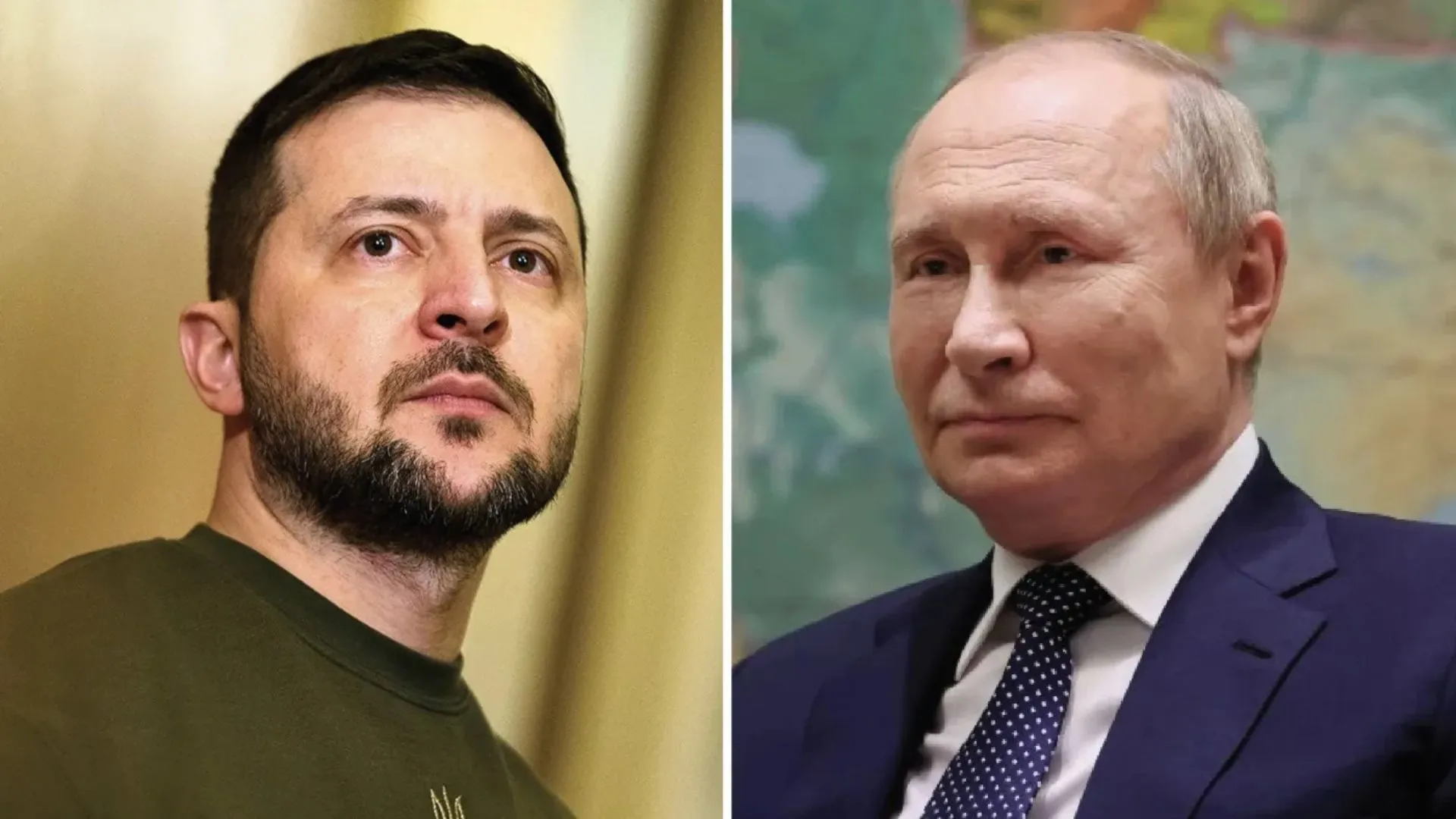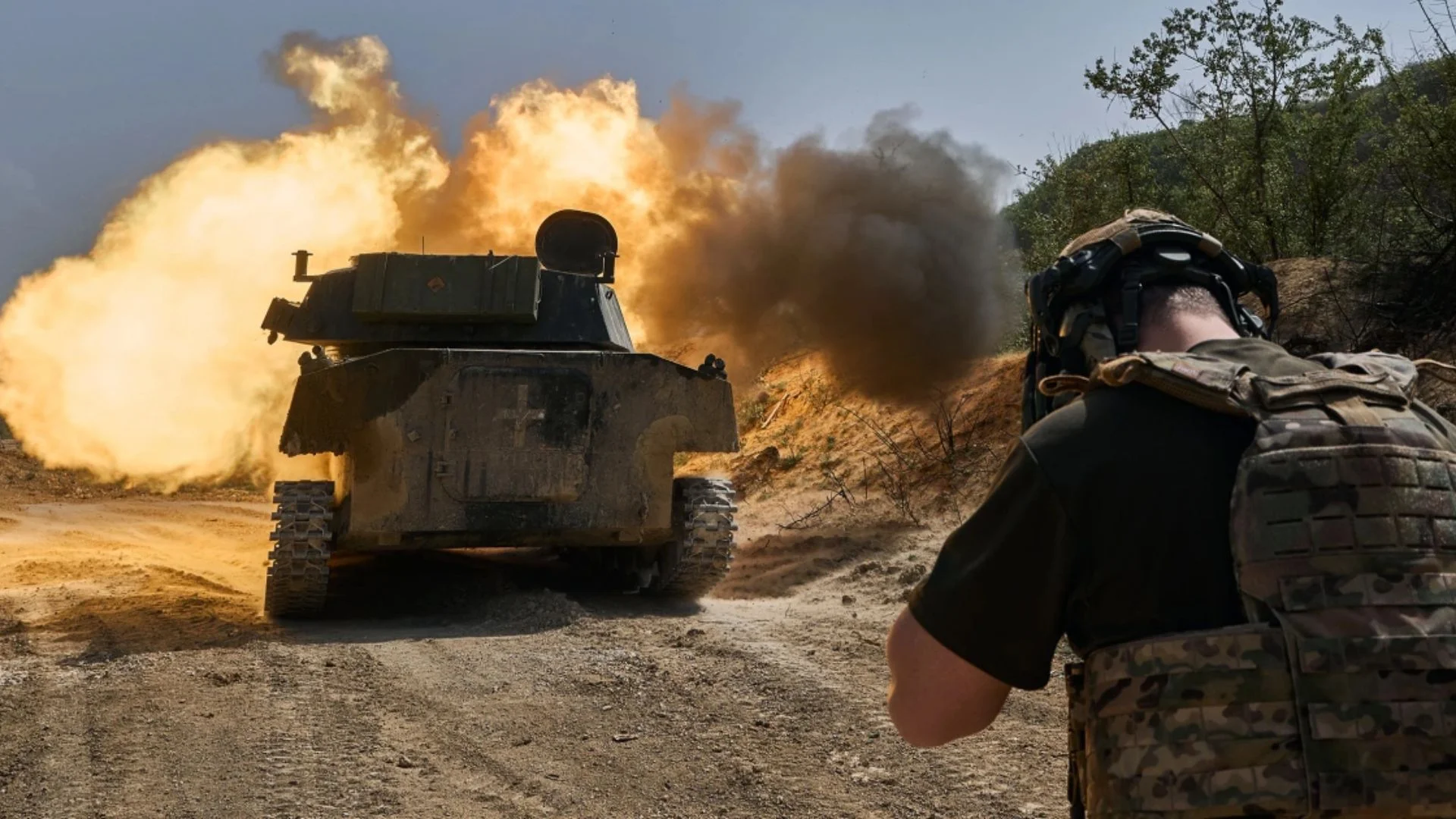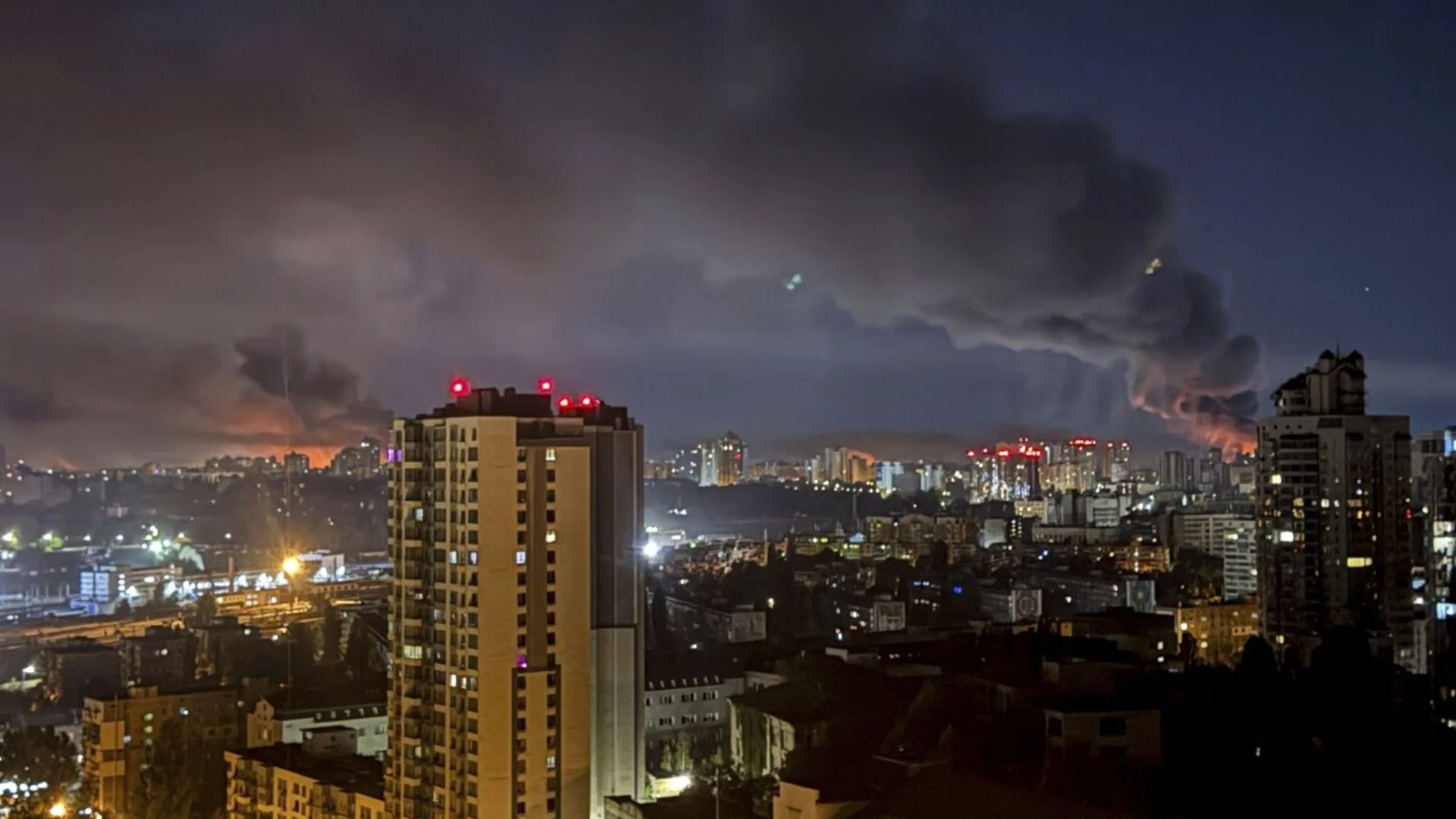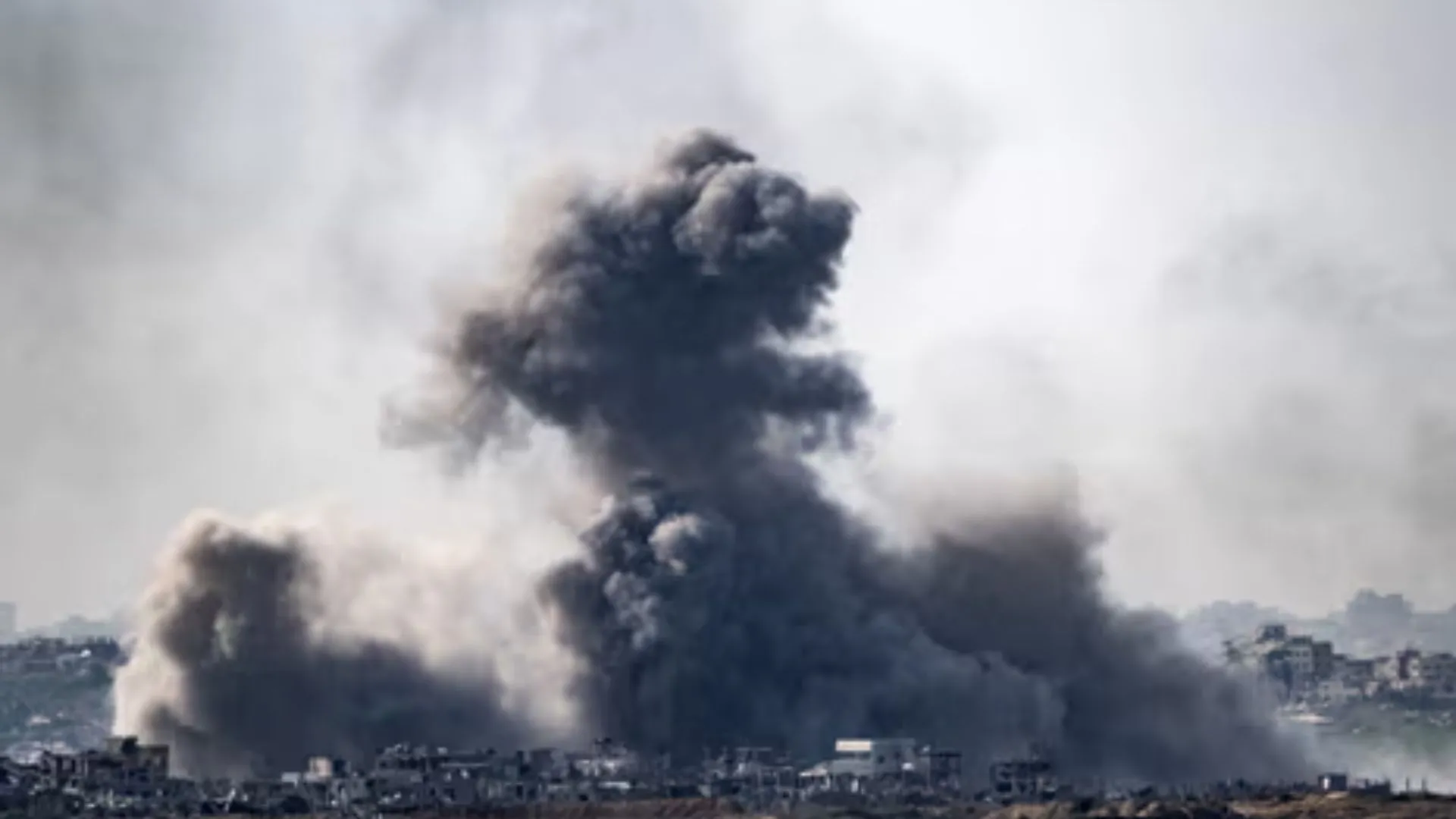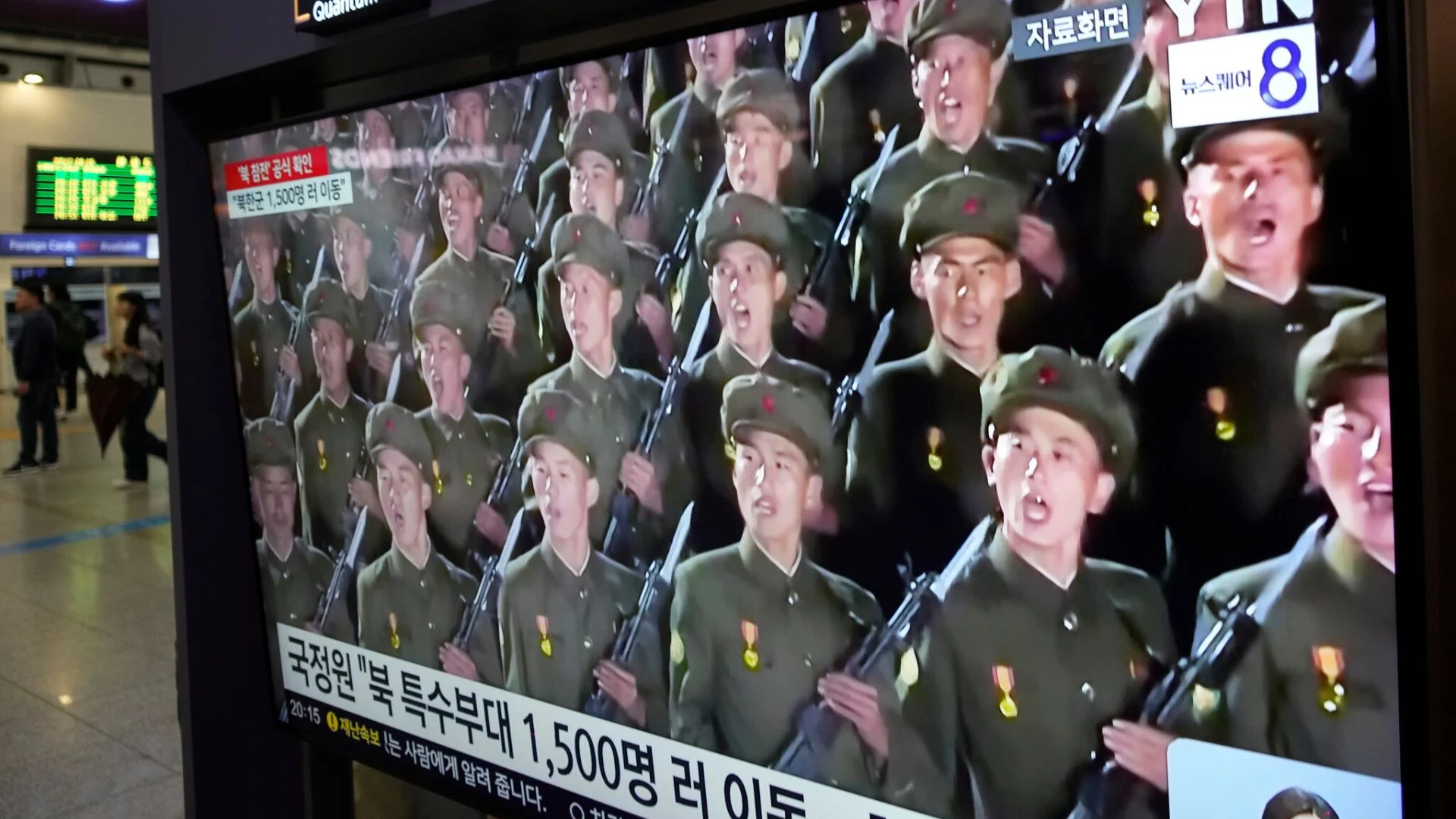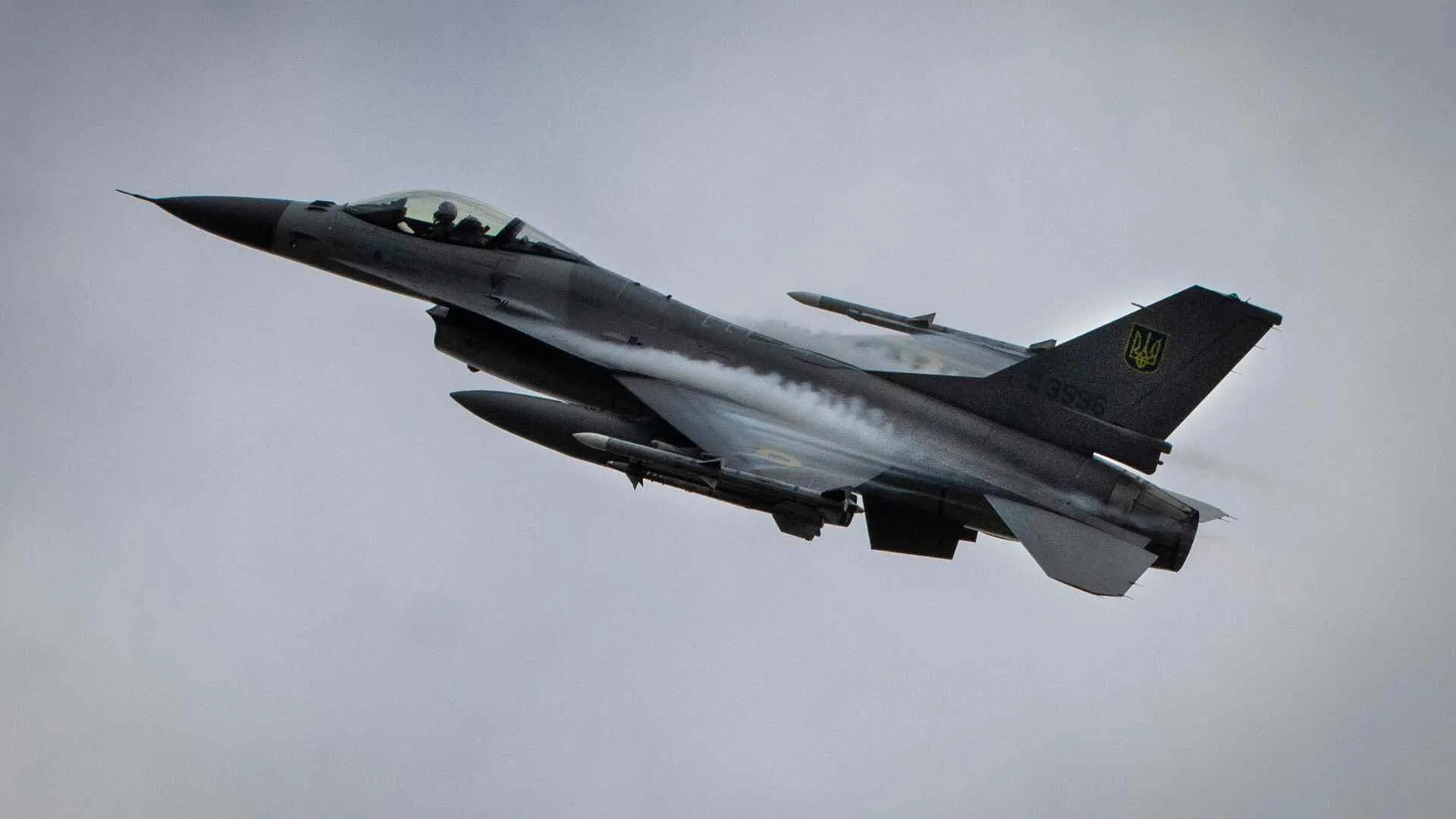Shortly after British Prime Minister Keir Starmer expressed readiness to send British soldiers to Ukraine to ensure European security, Germany and Norway jointly criticized the statement as premature, while Sweden called for fair negotiations and a sustainable peace that upholds international law.
Berlin Calls Ukraine Peacekeeping Talks ‘Premature’
Germany stated on Monday that it was “premature” to discuss sending its troops to Ukraine as part of a potential peacekeeping mission after Britain expressed its readiness for such a move.
“We have repeatedly stated that, first of all, we have to wait and see whether and how peace will hopefully emerge for Ukraine,” said German deputy government spokeswoman Christiane Hoffmann in Berlin. “Then we will be able to talk about the conditions and how this can be implemented,” she added, noting that it was “premature to discuss (sending troops) at the present time.”
A spokesman for Germany’s foreign ministry mentioned that while direct contact between the Russians and Americans was “not a bad thing,” the focus should be on “finding a way to a durable and lasting peace.” He also emphasized that Europe must be involved in peace talks, stating, “Peace talks without Europe ultimately make no sense at all, because many of the elements are in Europe’s hands,” citing sanctions, frozen assets, and security guarantees.
Hoffmann confirmed that German Chancellor Olaf Scholz would attend Monday’s talks in Paris but played down expectations of immediate decisions. “We should perhaps not expect any concrete decisions now,” she said, but added that it was clear the Europeans must agree on a “common approach and a common position in this new situation.”
Sweden Weighs Potential Peacekeeping Role in Ukraine
Sweden stated on Monday that it would not rule out deploying peacekeeping troops to Ukraine if required, following British Prime Minister Keir Starmer’s remarks about being prepared to send soldiers.
“We must first now negotiate a fair and sustainable peace that respects international law, that respects Ukraine and that ensures above all else that Russia can’t just withdraw and regroup and attack Ukraine or another country within a few years,” Swedish Foreign Minister Maria Malmer Stenergard told public radio Sveriges Radio.
She added, “When we have such a peace in place, it will need to be maintained and for that our government is not ruling out anything.”
Meanwhile, Norwegian Prime Minister Jonas Gahr Store expressed a more cautious stance, stating that “the time has not yet come” to discuss deploying troops on the ground.
“It is not yet time to draw any conclusions about how a security guarantee should be formulated and the kind of contributions to be made,” he told public radio NRK.
Donald Tusk
Polish Prime Minister Donald Tusk stated on Monday that Poland had no plans to deploy troops to Ukraine for security purposes but would continue offering financial and military assistance to the country.
“When it comes to Poland’s support, the matter is settled… We are not planning to send Polish troops to Ukrainian territory,” Tusk told reporters before departing for Paris to attend a meeting of European leaders focused on security and Ukraine.
‘Peace is still far off’
Spain’s Foreign Minister, Jose Manuel Albares, emphasized the importance of European leaders meeting to prepare decisions but clarified that “nobody is currently planning to send troops to Ukraine, especially because peace is still far off.”
On Saturday, Ukrainian President Volodymyr Zelensky called for the establishment of a European army, arguing that the continent could no longer rely on Washington.
Meanwhile, Hungary, whose Prime Minister Viktor Orban maintains close ties with both Trump and Putin, criticized Monday’s conference as an attempt to “prevent” peace.
“Today, in Paris, pro-war, anti-Trump, frustrated European leaders are gathering to prevent a peace agreement in Ukraine,” said Foreign Minister Peter Szijjarto.
European leaders meet
European leaders were set to gather in Paris on Monday to discuss Washington’s unexpected policy shift on the war in Ukraine, following Britain’s announcement that it was prepared to send peacekeeping troops.
Last week, US President Donald Trump bypassed Kyiv and its European allies by speaking directly with Russian President Vladimir Putin about initiating negotiations to end the conflict.
In response, an urgent informal summit of European leaders was scheduled to begin at 4:00 pm (1500 GMT).
Hosted by President Emmanuel Macron at the Élysée Palace, the meeting will bring together the leaders of France, Germany, Britain, Italy, Poland, Spain, the Netherlands, and Denmark, along with the heads of the European Council, the European Commission, and NATO.
Russia, US officials to meet in Saudi Arabia
Senior US and Russian diplomats are set to meet in Saudi Arabia on Tuesday for discussions on ending the Ukraine war—without Kyiv’s participation—amid Europe’s shock over Washington’s sudden policy shift toward Moscow.
This will mark the first high-level meeting between officials from both nations since Russia launched its invasion of Ukraine in February 2022.
Possibility Trump-Putin summit
Kremlin spokesman Dmitry Peskov told reporters that both sides would also discuss “possible negotiations on a Ukrainian resolution, and organising a meeting between the two presidents.”
Moscow has expressed its preference for bilateral talks with the United States covering a wide range of security issues, rather than focusing solely on a potential ceasefire in Ukraine.
Russia has repeatedly criticized NATO’s presence in Central and Eastern Europe and, prior to launching its full-scale military offensive, had demanded the military alliance withdraw its troops, equipment, and bases from several eastern member states that were once under Moscow’s influence during the Cold War.
The likelihood of these discussions leading to a deal to end the Ukraine conflict remains uncertain.
Both Kyiv and Moscow have dismissed the possibility of territorial concessions, and last year, Putin set a precondition for talks, demanding Ukraine withdraw its forces from even more territory in the east and south.
Zelenskyy’s Saudi visit
Ukrainian President Volodymyr Zelensky is set to visit Saudi Arabia a day later for a “long-planned” trip but has stated that he does not intend to engage in talks with either US or Russian officials, his spokesman said on Monday.
Last week, Zelensky expressed willingness to meet directly with Putin, but only after Kyiv and its allies had agreed on a unified position regarding a roadmap to end the war.
Ahead of Zelensky’s visit to Riyadh, Russian Foreign Minister Sergey Lavrov reiterated that Moscow was unwilling to give up any territory and questioned the need for other European countries to participate in negotiations.
“I don’t know what they would do at the negotiating table… if they are going to sit at the negotiating table with the aim of continuing war, then why invite them there?” Lavrov said during a press conference in Moscow.
European Commission to visit Ukraine
The European Commission announced on Monday that its top officials would travel to Ukraine on the third anniversary of Russia’s invasion, signaling strong support after Washington proposed truce talks with Moscow.
The visit, scheduled for next week, will include Commission President Ursula von der Leyen and other senior officials. The announcement came as key European leaders were preparing to meet in Paris to discuss Washington’s unexpected policy shift.
“Next week, on the occasion of the third anniversary of the war of aggression against Ukraine, there will be a college visit to the country,” a commission spokesman said during a press conference in Brussels.

